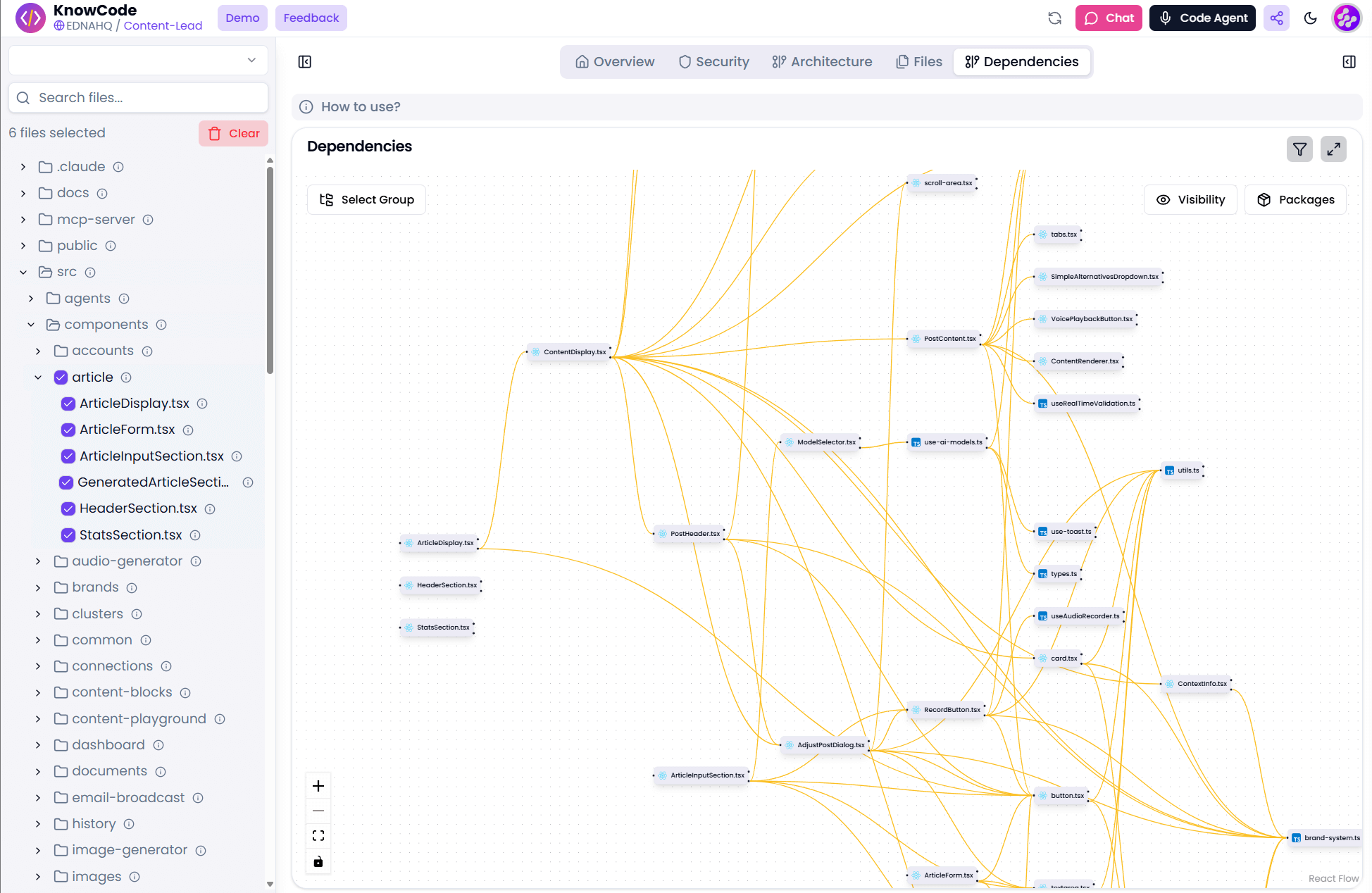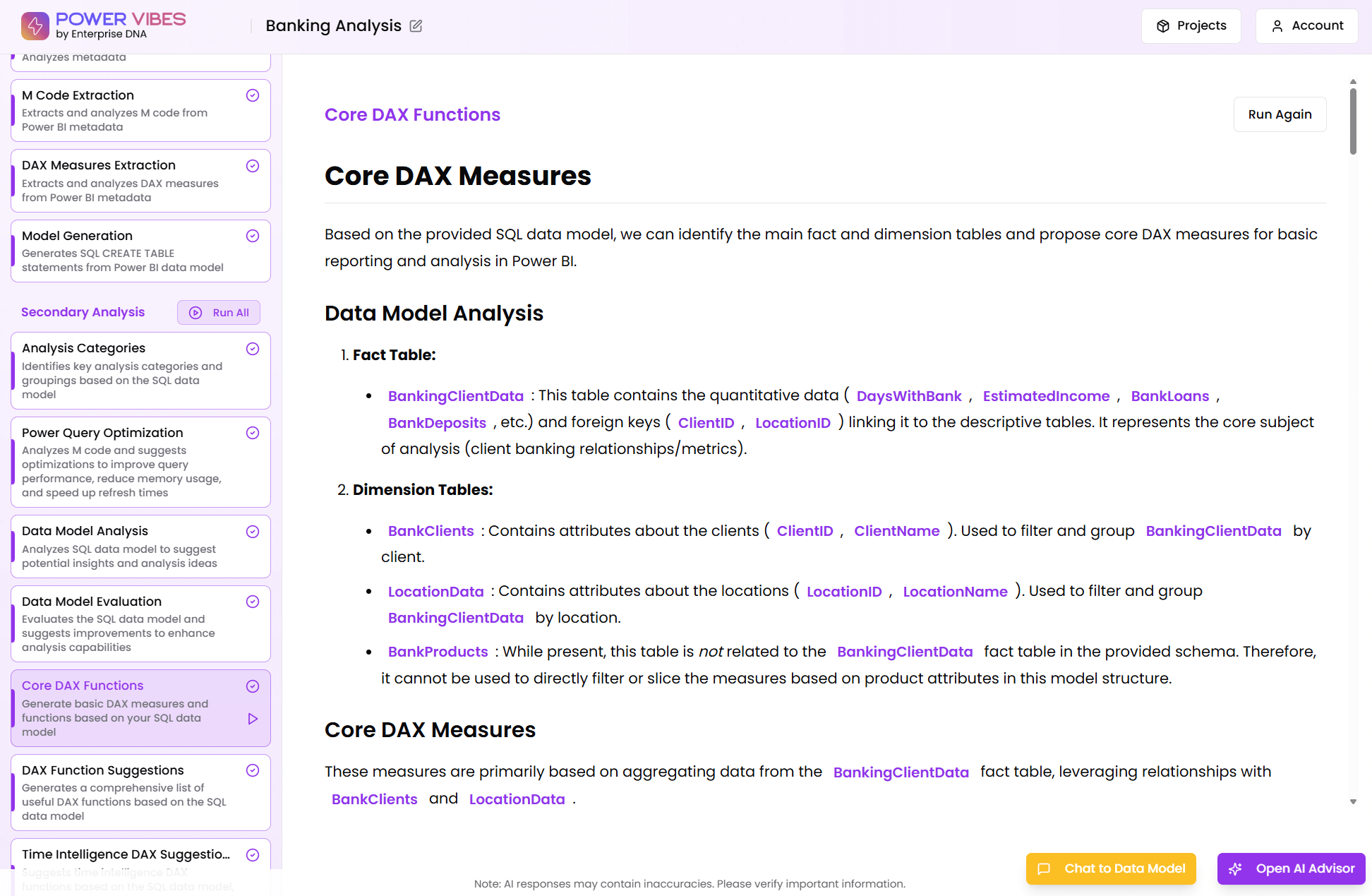DAX Function Guide
EXP
Sam McKay
CEO & Founder
How does the EXP work?
The EXP function (DAX) returns e raised to the power of a given number. The constant e equals 2.71828182845904, the base of the natural logarithm.
EXP Formula Syntax
EXP(
<number>
)
How do you use the EXP?
The EXP function finds the value of the constant e raised to a given number, so you can think of the EXP function as e^(number), where e ≈ 2.718. The exponential function can be used to get the value of e by passing the number 1 as the argument.
Related Blog Posts
Loading
Considerations when using the EXP?
- To calculate powers of other bases, use the exponentiation operator (^).
- EXP is the inverse of LN, the natural logarithm of number.
- e stands for Euler’s number.
- The number e is a famous irrational number, and one of the most important numbers in mathematics.
- The first digits of e are: 2.718281828459…
- e is the base of the Natural Logarithms, invented by John Napier. To calculate powers of other bases, use the exponentiation operator (^).
- EXP is the inverse of LN, the natural logarithm of number.
Related Video Tutorials
Loading
Formula examples using the EXP
=EXP(0) // returns 1
=EXP(1) // returns 2.71828182846 (the value of e)
=EXP(2) // returns 7.38905609893
Related Courses
Loading










